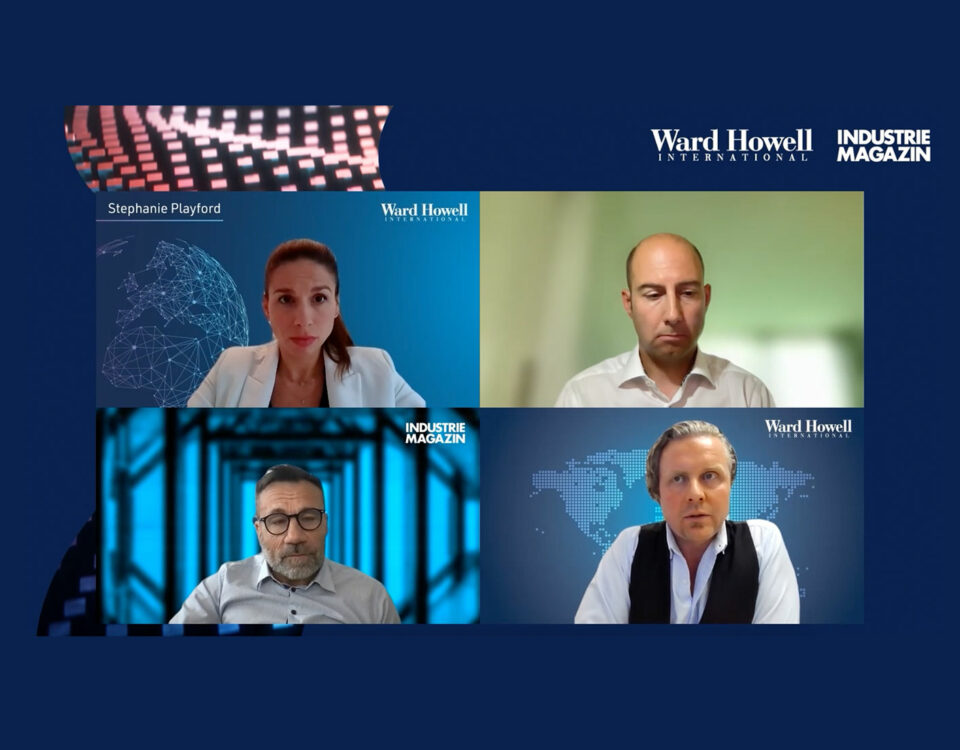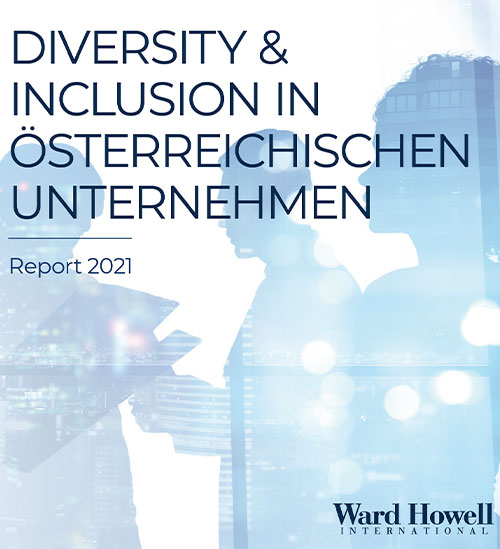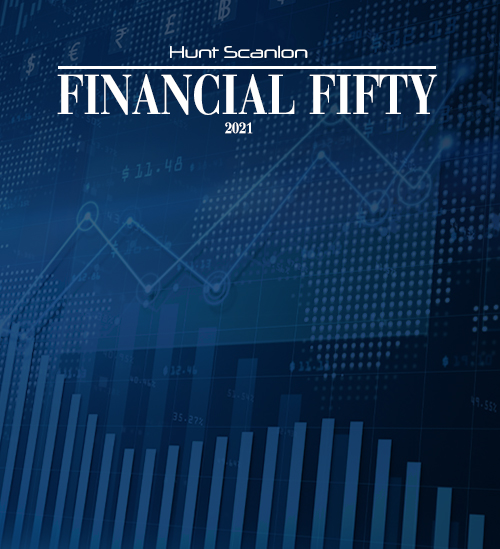Shifting Practices
By: Francis Anthony T. Valentin
Professional recruitment has changed considerably in the past decade or so, and, not surprisingly, the rise of digital technologies has played a major role. These technologies have made it so convenient to get the word out about a vacancy that needs to be filled.
“One job post in the career Web site or job portal of a popular company can generate thousands of applicants and inquiries,” Alex M. Genil, president and chief executive officer of The ZMG Ward Howell Group, an executive search firm that has been operating for more than three decades now across Asia. (Executive search firms are not similar to job portals. They are more like recruitment firms, except they deal with high-level positions.)
But that is not always good, nor is it always bad. “Online job posts can yield a good quantity of applications, but this can be very challenging in terms of sorting and determining the right quality of candidates to be hired,” Mr. Genil explained.
Mr. Genil also noted that digital technologies and recruitment portals have displaced what he calls “non-value-adding intermediaries,” allowing candidates and hiring managers to be in direct contact with each other.
Besides technology, there have been changes in what is asked of the job seekers. “Today, in hiring for a specific role, each business model requires resources who possess unique skill sets outside the confines of a standard job description. The uniqueness is because of the fact that no two businesses, products, management teams are alike,” Mr. Genil said.
Having a unique skill set, on top of relevant experience, is not a complete guarantee, however, that one will land his dream job at his dream company. Employers are now, it seems, more concerned than ever with making sure a prospective employee can fit well in the company culture. To do that, they look for the so-called “soft skills.”
“There used to be an emphasis on functional competency,” Mr. Genil said. “Because of the constant changes in the business environment today, ‘soft’ skills and one’s ability to survive in ambiguous situations are as important as functional competency and experience.”
One can point up all the competencies — including the soft skills, of course — and experience he or she has on a résumé. But many commit the all too common mistake of creating a résumé that can be sent to all possible future employers.
“The smarter job seekers will have a different resume or application letter for each job opportunity. It is about writing a resume that is custom-made for a company’s job post,” Mr. Genil said.
All these changes have made it even more necessary to have human resources (HR) professionals who are truly knowledgeable about the ins and outs of the companies they are part of. Equally important are HR professionals who are courteous.
“HR staff and line managers need to remember that they also are the company’s brand ambassadors, and each applicant they encounter may later be a consumer or potential client in another situation. It is for this reason that all applicants need to be handled well during the interview and their entire screening process, even if in the end they will not reach the job offer stage. Candidates who do not make the grade need to be informed in an appropriate manner,” Mr. Genil explained.
“Companies earn even greater respect if they consistently close the loop with all applicants, whether successful or unsuccessful in the hiring process,” he added.
Some things in recruitment still remain, like biases. Mr. Genil noted that prejudices abound, especially on the bases of age and sex, and that candidates who are concerned about work-life balance are sometimes frowned upon.
At ZMG Ward Howell, these are not really a problem. “Because most of ZMG Ward Howell’s Practice Directors and senior consultants come from management roles in many industries and thus, have access and close relationships with senior leaders of client organizations, we have accumulated knowledge and best practices in the various sectors we service. We are constantly abreast of evolving HR and talent management tools, processes, and paradigm, which we then use to support and educate, and advise client organizations in correcting previously mentioned biases,” Mr. Genil said.
Mr. Genil believes that the hiring process will continue to evolve at a fast pace on the back of technological developments like digital analytics and that there will likely be more requirements for certification programs to standardize assessment of functional skills.
“What will not change is the need for skilled people at the helm of the whole recruitment process especially on validating the soft skills and assessing the candidate’s value system,” he added. “The final hiring decision will still depend on the face-to-face interview where the recruiter or line manager looks the other person in the eyes and decide whether this candidate is the right fit.”







